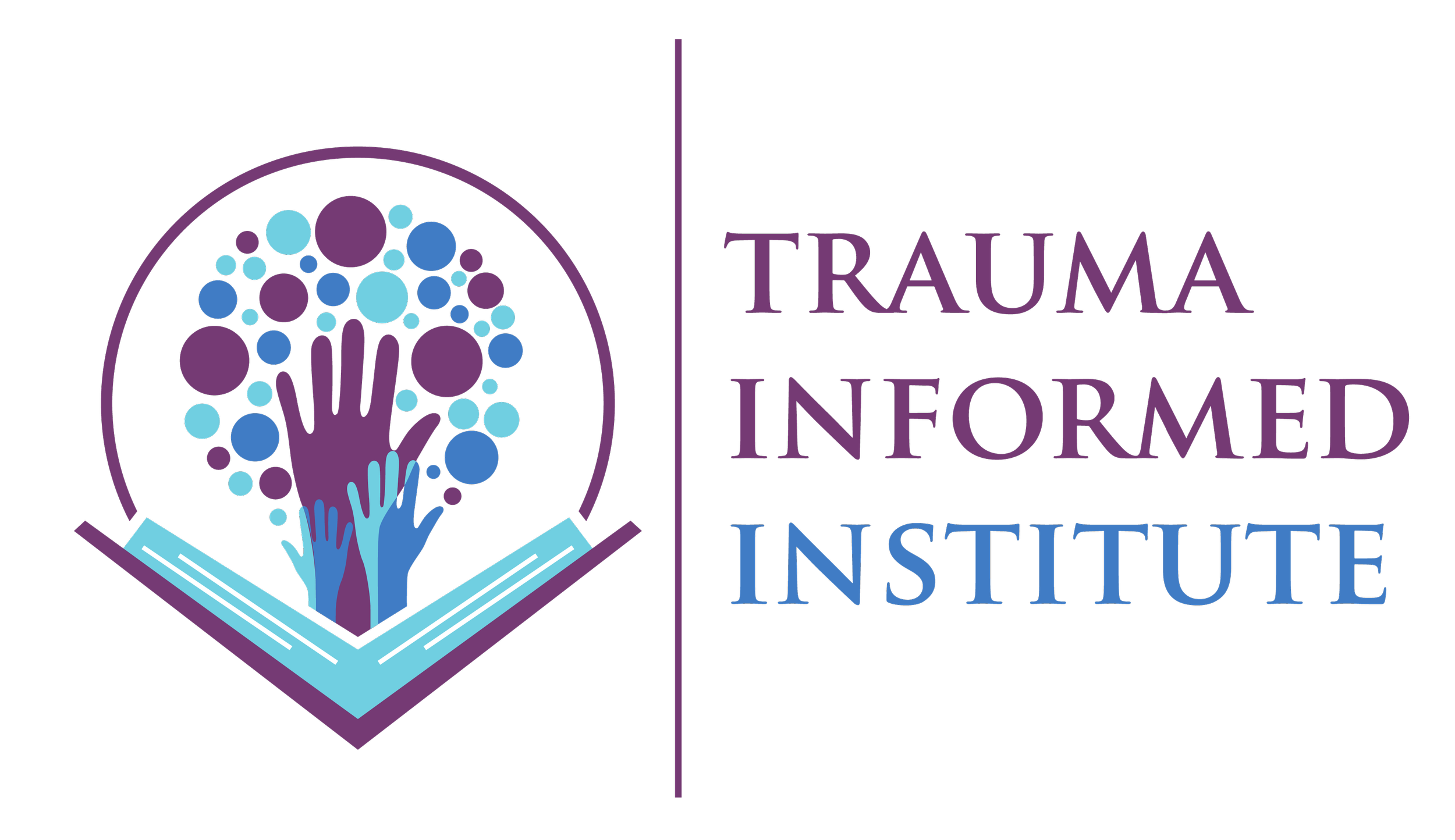TRAUMA-INFORMED GUIDING PRINCIPLE #3:Peer Support
Trauma-informed care is an essential approach to providing support and resources to individuals who have experienced various forms of adversity in and outside of the workplace. Peer Support is one of 6 trauma-informed guiding principles. It involves sharing the journey or path through hardship with another person who has gone through similar experiences. Peer support fosters relationships built on empathy, understanding, and trust, and has been found to be incredibly beneficial for dealing with current struggles while working. This blog post will delve into research surrounding trauma-informed peer support programs, which can be applied to the workplace.
Peer support occurs when someone who has navigated experiences offers support and guidance to another individual going through similar challenges. The shared experience of adversity can create a unique connection between peers, allowing for the development of understanding and validation that may not be present in other types of support relationships
Understanding Peer Support
Peer support can come in numerous forms, including:
1. Support groups: people with similar experiences gather regularly and talk about their experiences and coping strategies.
2. Peer mentoring or coaching: a more experienced individual helping another person learn and navigate the challenges.
3. Online peer support communities or forums: this allows people to connect and share experiences and advice virtually..
Several studies have highlighted the positive impact of peer support in the context of trauma-informed approaches:
1. A study conducted by the Mental Health Association of San Francisco found that individuals who participated in trauma-informed peer support groups showed significant improvements in their overall mental health, relationships, and understanding of their trauma experiences.
2. A review of the literature published in the Journal of Behavioral Health Services & Research concluded that trauma-informed peer support programs are instrumental in reducing symptoms of PTSD and depression, improving functioning and enhancing the quality of life.
The research above points to some specific benefits of incorporating peer support as a trauma-informed approach in the workplace:
1. Reduction in isolation: Shared experiences can help individuals feel less alone at work.
2. Increased understanding, empathy, and validation of challenging feelings and experiences in and outside the workplace.
3. Empowerment and hope: Witnessing the progress and resilience of team members can instill hope and a sense of empowerment.
4. Enhanced coping skills: Learning from other people's experiences can help individuals identify new coping strategies and resources for support..
By fostering connections based on empathy, understanding, and shared experiences, peer support programs create a supportive environment that promotes, empowerment, and hope for team members. Incorporating peer support into the workplace not only increases allows for a deeper and more compassionate understanding of what team members may experience outside of the workplace..

